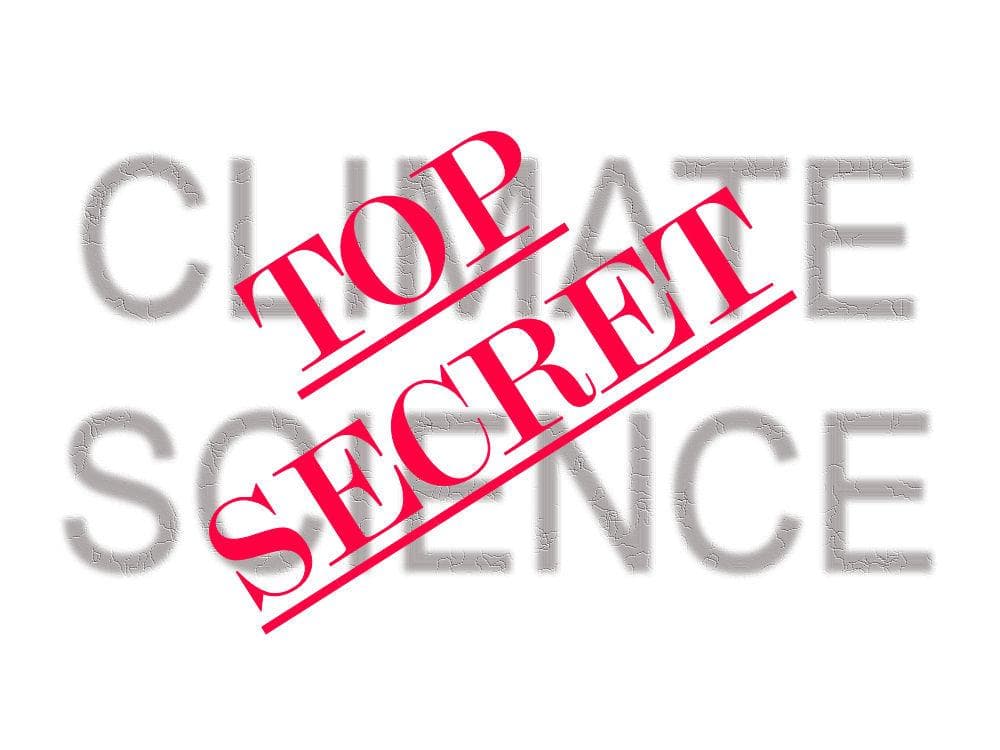Much has been written recently both in support of and in opposition to US EPA’s proposed secret science rule, which would require significant regulatory policy decisions to be based on publicly available data. Most of the support has been grounded in concerns about selection of data sources, data collection and data analysis procedures.
Most of the opposition to the proposed rule has been grounded in concerns about exposure of personal data regarding individual subjects involved in studies. There appear to be no reasons to expose personal data on individual subjects; and, protecting their personal data should be as effective as it has been in the past. However, information regarding the selection processes for study participants, the type of data collected, the collection methods and the data analysis protocols are essential to evaluating the validity of the studies and their conclusions.
The focus on personal data has diverted attention from the more basic intents of the proposed rule, which are: to validate the study design and execution; to facilitate testing of the reproducibility of the results; and, to facilitate replication of the studies if required. This has been a particular issue in climate science, since replication of the studies is not possible. In climate science, there are even issues regarding the ability of climate scientists to reproduce their own results.
This issue has achieved notoriety in climate science as the result of Climategate and of the efforts of some climate scientists to prevent public disclosure of their data and methodologies, even though their research was funded by government agencies. Those seeking access to the data and methodologies have frequently been forced to resort to FOIA (Freedom of Information Act) requests; and, in some cases to lawsuits, when FOIA requests were denied.
Perhaps the most public case involves Dr. Michael Mann and his “hockey stick” graphical projection of potential future climate warming. Mann has aggressively resisted efforts to force public access to his data and methods used in the creation of the “hockey stick” graph, including refusing to comply with FOIA requests and successfully fighting a lawsuit by the Attorney General of the Commonwealth of Virginia related to studies he performed with government funding while a professor at the University of Virginia.
Mann has also filed Strategic Lawsuits Against Public Participation (SLAPP) against those who have criticized the “hockey stick”, though he has aggressively avoided discovery in each of these lawsuits.
The obvious approach to dealing with this issue regarding climate science is to require, as a condition of government funding for such research, that all study data, analytical methods, computer code and other relevant materials be made publicly available at the conclusion of the research study. Establishing this requirement as a study deliverable could also prohibit final payment for the study until this deliverable has been produced to the satisfaction of the government contract officer.
One possible approach to dealing with the failure to make the data and methods involved in past government-funded studies publicly available is to ban future funding for researchers who have failed to make their data and methods available upon request.
Government agencies funding such research should enforce the “Golden Rule” of funded research: “Those who provide the gold make the rules.” Government agencies which conduct such research should enforce the rules with their employees. The public, which ultimately provides the funds, should demand no less.
